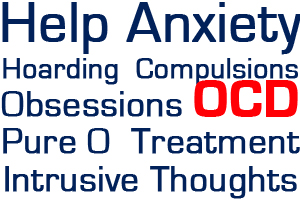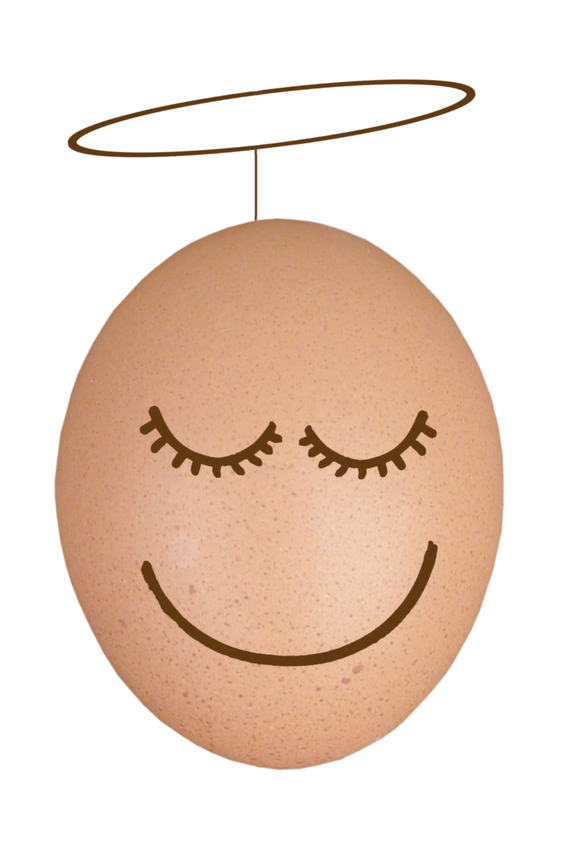
OCD
Obsessive Compulsive Disorder (OCD) is an anxiety disorder characterised by obsessions (persistent, intrusive thoughts, desires, convictions, images or impulses) and/or compulsions (actions the sufferer feels compelled to perform to reduce anxiety).
 Purely obsessional OCD is a condition where only the intrusive thoughts are present without the compulsive acts, this has been nicknamed 'Pure O'.
Purely obsessional OCD is a condition where only the intrusive thoughts are present without the compulsive acts, this has been nicknamed 'Pure O'.
OCD is a common disorder with 1 in 50 adults diagnosed in the United States and 1.2 in 100 in UK. Despite it's prevalence, OCD is often misunderstood and can be a debilitating illness.
While the common perception of OCD conjures images of hand washing as portrayed in the media, OCD takes many forms and is a complex disorder. Unwanted thoughts can be disturbing, intrusive and persistent, while compulsions can be severe and cause great reduction in the quality of a sufferer's life.
Normally a sufferer of OCD will experience an unwanted thought that will then lead them to feel anxiety, this usually leads to a compulsion to perform an action to ease the anxiety; this is usually based on the irrational belief that performing the action will prevent harm to themselves or in many cases someone else.
OCD usually falls into one of the following categories:
- Contamination
- Hoarding
- Checking
- Intrusive thoughts
Treating OCD will differ person to person, depending on the severity of your symptoms and how they are affecting you. Treatment usually involve either or both of the following:
- Behavioural therapy
- Medication
Mild OCD is usually treated with behavioural therapy alone, usually cognitive behavioural therapy (CBT). If symptoms are more severe, medication can be used to help control symptoms in conjunction with behavioural therapy which looks at tackling the behaviour and cause.
Selective serotonin reuptake inhibitors (SSRIs) are a type of antidepressant that are commonly used when medication is deemed necessary in the treatment of OCD. Your GP or psychiatrist will be able to advise you on the best treatment for you, however common SSRI's used in the treatment of OCD are:
- Fluoxetine
- Sertaline
- Citalopram
- Fluvoxamine
- Paroxetine
- Escitalopram
There is much that can be done for sufferers of OCD and self education is a great start, please see our anxiety guides and resources for lots of useful information and advice to help you empower yourself with knowledge and options.
Related Guides

































